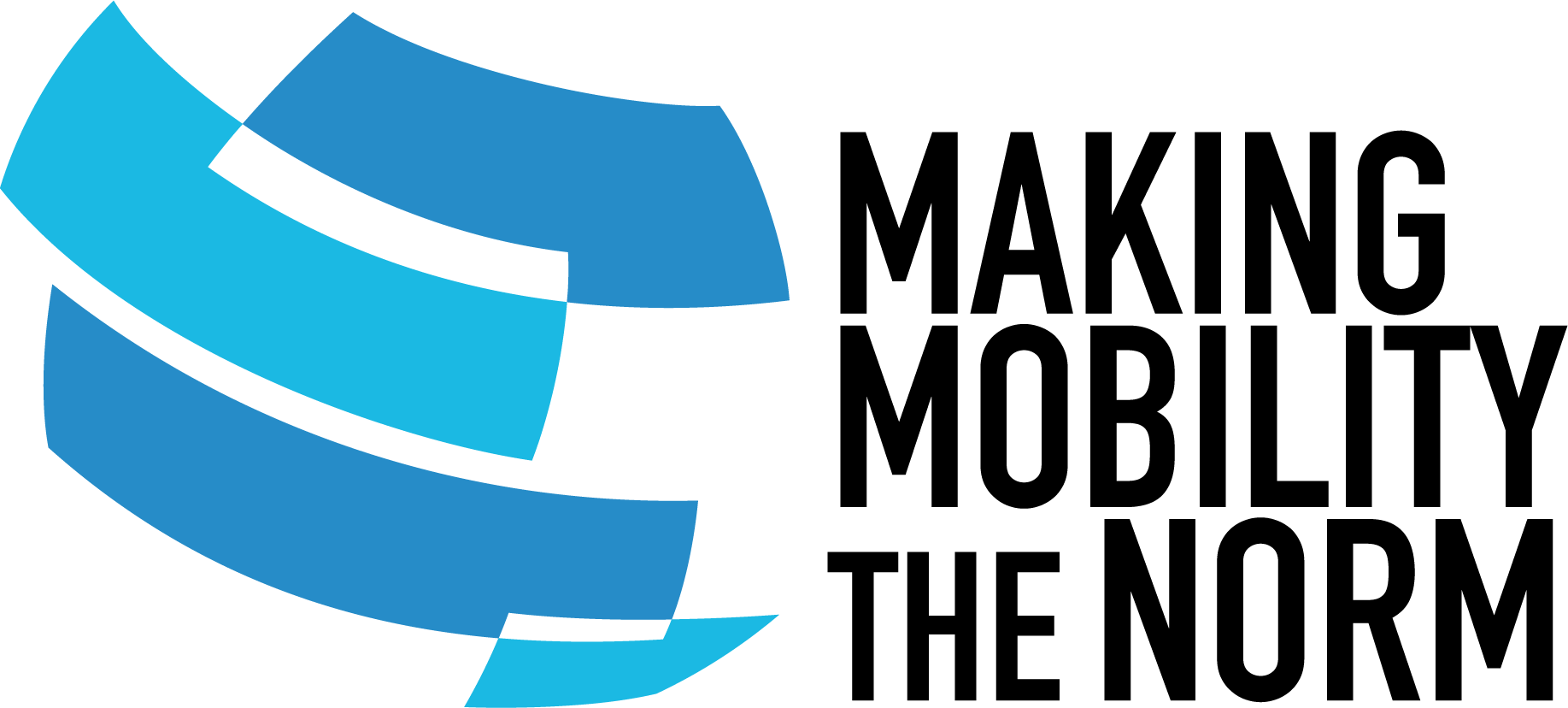Institution
Organizational Unit
Code
ΨΥ-517
ECTS
5
Language of instruction
Greek
Academic term
1/2
Title
ΨΥΧΟΛΟΓΙΑ ΗΛΙΚΙΩΜΕΝΩΝ el
PSYCHOLOGY OF AGING en
Description
The course introduces students to concepts and methods of geropsychology, and focuses on aspects of the ageing process that are related to cognitive functioning. Emphasis is given on major theoretical approaches to ageing (biological and psychosocial); on population ageing and its relation to cognitive ageing; on dimensions of cognitive ageing (attention, memory, problem-solving, expertise, and
learning), covering topics related to their trajectories of change and measurement.
Issues about the relation of cognitive ageing and socio-cultural factors, sensory and health-related changes, and dementia are also covered.
Practicals require collaboration of 2-3 students. They include (a) a written presentation of a subject in order to gain a deeper understanding of the relevant knowledge, (b) a small empirical study, and (c) an oral presentation of the study(PowerPoint). They cover 40% of the total rating. The rest is covered by final exams throughout the course material.
learning), covering topics related to their trajectories of change and measurement.
Issues about the relation of cognitive ageing and socio-cultural factors, sensory and health-related changes, and dementia are also covered.
Practicals require collaboration of 2-3 students. They include (a) a written presentation of a subject in order to gain a deeper understanding of the relevant knowledge, (b) a small empirical study, and (c) an oral presentation of the study(PowerPoint). They cover 40% of the total rating. The rest is covered by final exams throughout the course material.
Learning outcomes
The overall aim of this course is to introduce students to the psychology
of ageing. The course will acquaint students with the psychological explanations of age-associated changes in human function and the debate over the types of changes that people experience as they grow old. By the end of the course, students will have learned about the development of such important cognitive abilities as memory, learning, and intelligence; they will also have begun to appreciate the differences between normal and pathological change during later life.
Specifically, upon successful completion of the course, students:
1. will acquire knowledge of the basic principles and models of the psychology of lifespan development and aging.
2. will acquire the ability to recognize and describe the types of changes (pathological and non-pathological) that occur in the cognitive system and in particular, in memory, with age.
3. will come in contact with older people.
4. will be trained in the administration of main psychometric tests to older adults.
On completing this course students should at minimum be able to do the following:
1.Identify and describe major models of human development.
2. Evaluate the research methods commonly used to study age-associated changes in
cognitive function.
3. Describe and estimate the types of changes that occur during adulthood in the human cognitive system, including memory, intelligence, and learning skills.
of ageing. The course will acquaint students with the psychological explanations of age-associated changes in human function and the debate over the types of changes that people experience as they grow old. By the end of the course, students will have learned about the development of such important cognitive abilities as memory, learning, and intelligence; they will also have begun to appreciate the differences between normal and pathological change during later life.
Specifically, upon successful completion of the course, students:
1. will acquire knowledge of the basic principles and models of the psychology of lifespan development and aging.
2. will acquire the ability to recognize and describe the types of changes (pathological and non-pathological) that occur in the cognitive system and in particular, in memory, with age.
3. will come in contact with older people.
4. will be trained in the administration of main psychometric tests to older adults.
On completing this course students should at minimum be able to do the following:
1.Identify and describe major models of human development.
2. Evaluate the research methods commonly used to study age-associated changes in
cognitive function.
3. Describe and estimate the types of changes that occur during adulthood in the human cognitive system, including memory, intelligence, and learning skills.
